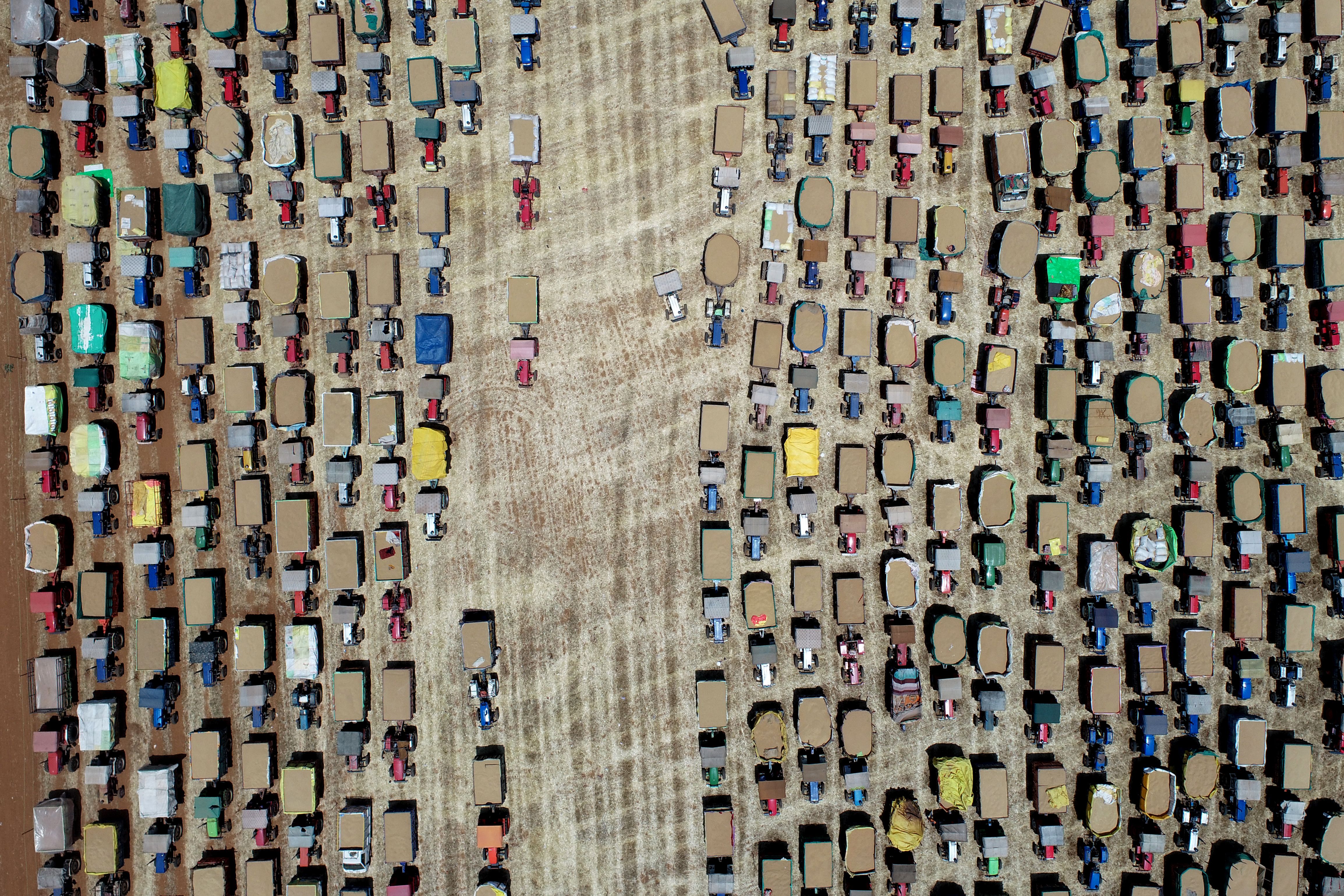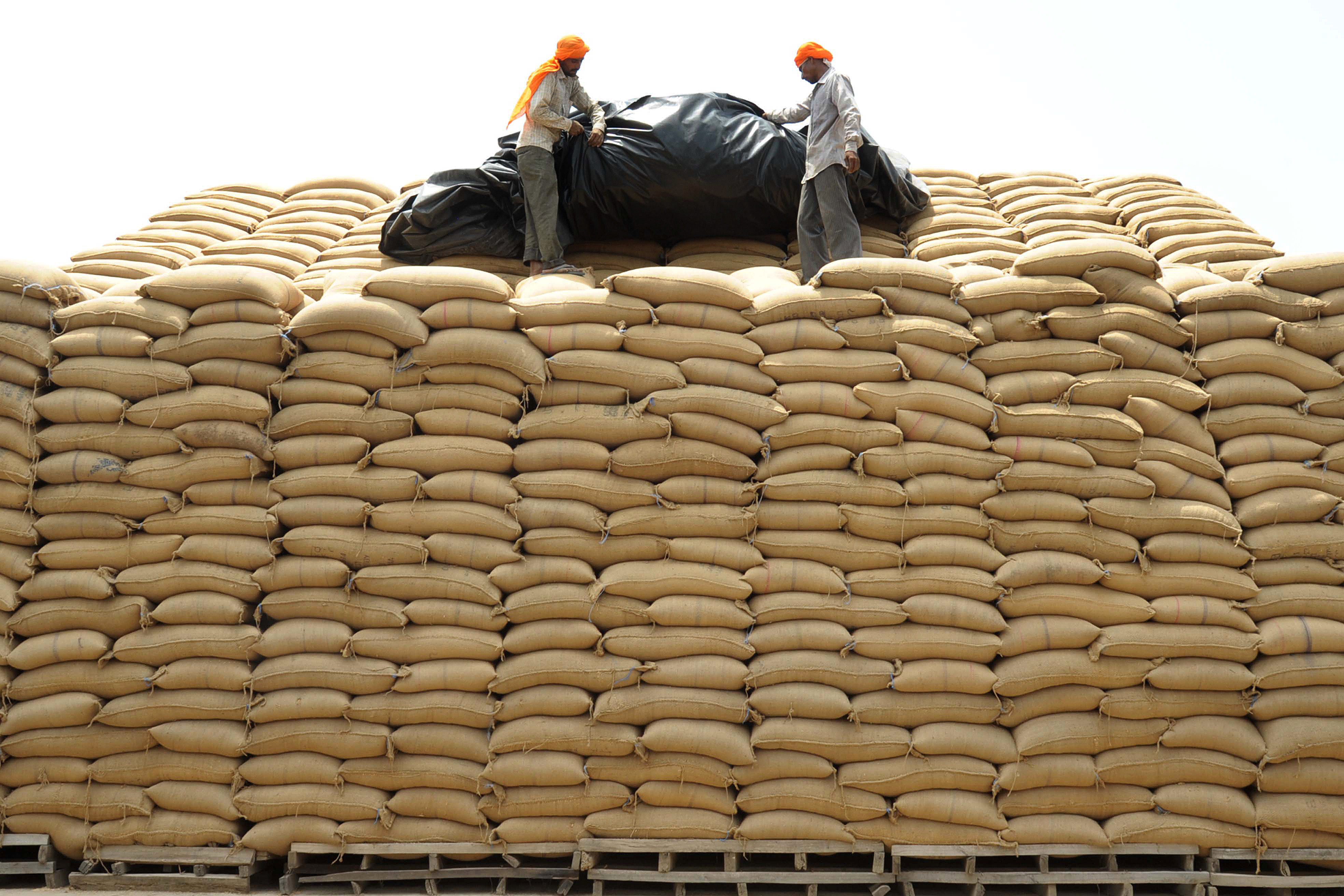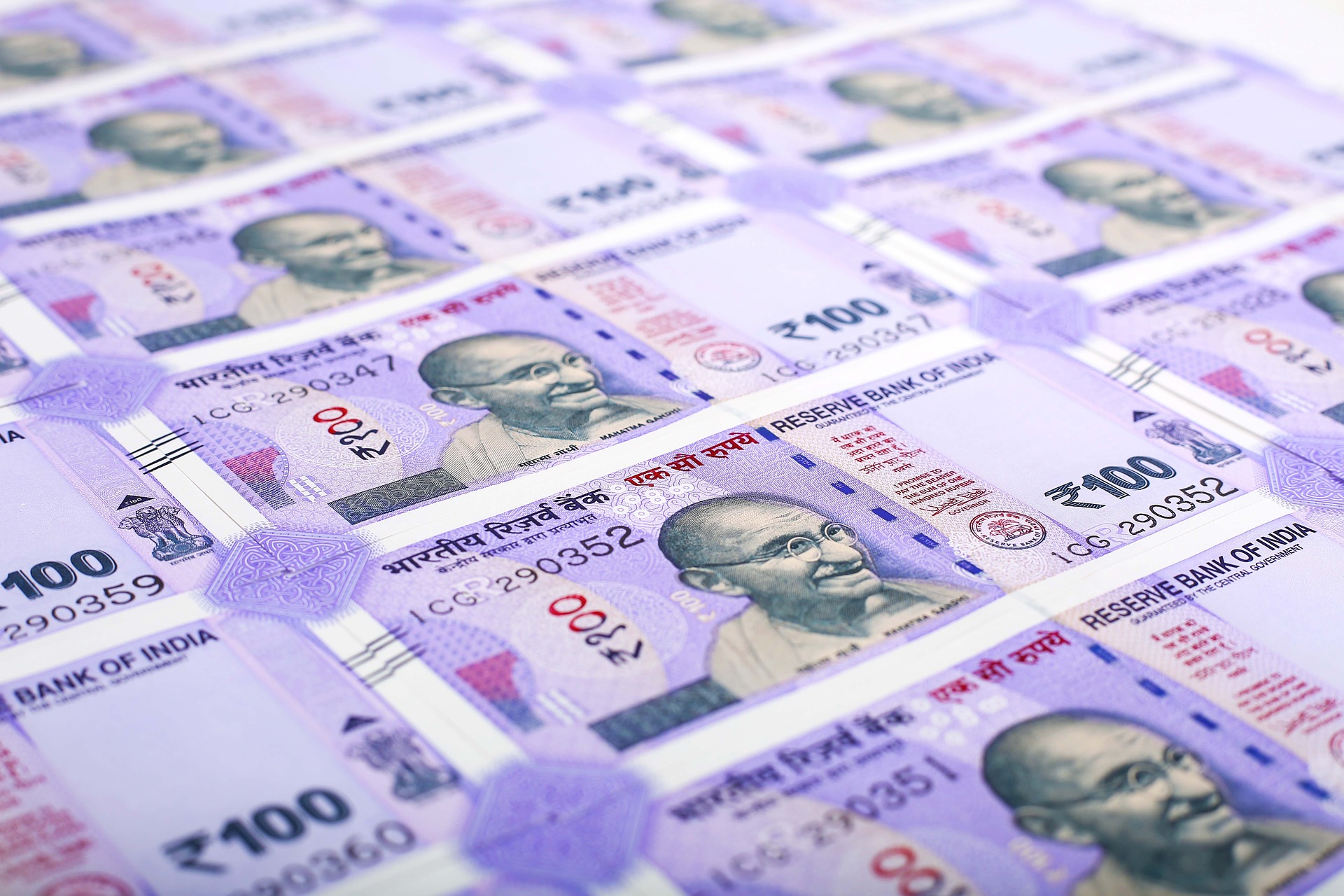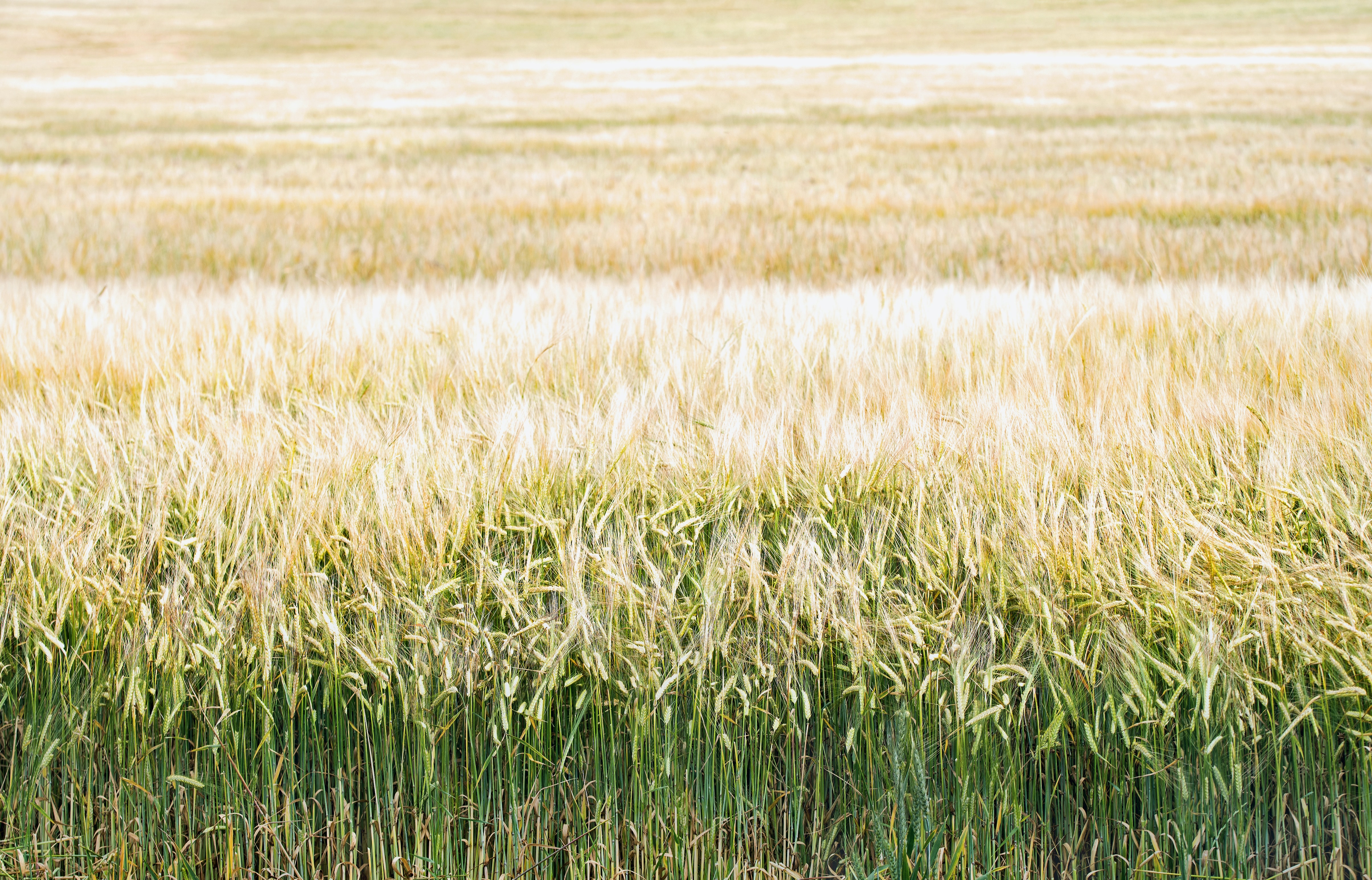
Health & Medicine
COVID-19 and containment: A dual burden for India

India’s old system of subsidised crop prices for farmers and the needy is proving its worth at a time of economic crisis
Published 28 April 2020
There could not have been a worse time for India to be hit by COVID-19 and forced into lockdown – the winter harvest season.
Food security in India is a critical issue given more than half a billion Indians are dependent on the precarious informal sector for their livelihoods, which will be hard hit for an extended and uncertain time by the lockdown.
Access to adequate food, especially for the poor, has shaped up as one of the country’s major challenges given the shock to supply chains in the wake of COVID-19.

But so far the country is coping.
The latest report by accounting firm KPMG predicts food price stability and an adequate supply of essential food grains. This is due to what many would see as an out-of-date socialist system of food stockpiling and subsidised prices.
But while it may be in need of reform, the country’s Public Distribution System (PDS) is proving crucial to India’s ability to weather COVID-19.
India’s PDS is the largest food distribution network in the world, supplying necessary food to 800 million people. For farmers, it provides guaranteed minimum prices, and for the country’s poor, it provides access to important food staples at subsidised prices.

Health & Medicine
COVID-19 and containment: A dual burden for India
This mammoth institution is a legacy of the socialist-inspired economic thinking that prevailed soon after independence in 1947 when the country had fewer resources. It relies on a government-regulated system of procurement, storage, and distribution of food grains.
The grains are procured, stored and transported by Food Corporation of India (FCI) and bulk allocated to states based on need. The states then distribute the food to poor households through licensed ‘fair price’ shops. There are half a million fair price shops in India, one for about every 40 beneficiary households.
As announced recently by the Minister for Consumer Affairs, Food and Public Distribution, Ram Vilas Paswan, the central government has lifted the quota of grains that beneficiaries can take from the equivalent of two months supply to a six-month supply.
Early in the lockdown, a problem occurred when many of India’s large population of migrant workers found they couldn’t access PDS because ration cards were tied to their home states.
But state governments are now putting in place their own measures towards making PDS accessible to everyone and making them available on-demand.

Before COVID-19, the PDS was being widely criticised for various operational issues – losses through rot and theft, legitimate beneficiaries being wrongly excluded and diets made too reliant on rice and wheat.
As a consequence, since 2015, the central government has been experimenting with an alternative system-of-cash payments called Direct Benefit Transfer (DBT).
But as the lockdown has exposed, even a well-designed DBT system is challenging when human movements are constrained and private food markets are shut. Earlier this month, when a cash transfer scheme was implemented by the Central Government, it led to long queues of beneficiaries at bank ATMs in the states of Bihar, Madhya Pradesh and Uttar Pradesh.

Health & Medicine
As a health worker, what’s my risk from COVID-19?
While cash payment systems can put money directly into people’s hands, it doesn’t address the problems of prices rising as the lockdown bites. Given private entities will always have pervasive incentives to hoard essential goods, a government-regulated PDS to control prices would appear to be a necessity.
What would have happened if India hadn’t had a PDS stockpile of food grains? The impact of COVID-19 would have been catastrophic, resulting in widespread hunger.
The question then isn’t over whether India should keep its PDS or jettison it for direct cash transfers; it needs both for an effectively functioning and equitable welfare system.
A disaster like COVID-19 is a high-impact low-probability event, but the only way to cope is for India to have a robust institutional structure.

There is always scope to improve operational efficiency in food distributions.
The operational inefficiency of PDS is arguably a consequence of the fragmentation that stems from the Central Government being responsible for procurement and the states being responsible for distribution. But as unique citizen identification numbers (Aadhar card) become more widespread – identifying and targeting beneficiaries should become less problematic.
Nevertheless the institutional architecture of the PDS needs to be made more efficient.
In 2006, a Supreme Court committee headed by Judge D. P. Wadhwa recommended a series of measures to make the PDS more robust and transparent. The Wadhwa Committee suggested measures to curb leakage and corruption, and recommended that the operation of fair price shops was moved away from private individuals to state level corporations, local government or registered self-help groups.

Business & Economics
The toxic spread of COVID-19 racism
The other important recommendation by the Committe was for the PDS to be universalised, meaning that everyone should be entitled to PDS. Similar sentiments have now been echoed by leading economists in a recent townhall organised by the television channel, NDTV.
Economists on the panel reiterated that it is important to generously expand relief measures to avoid people falling between the cracks rather than worrying about efficiency in targeting relief. While the panel was talking about cash transfers, the same must be applied to the PDS.
Going forward, COVID-19 has made clear that there is scope to improve disaster management for low-probability and high-impact events.
But the utility of a system like the PDS can no longer be in doubt.
Banner: Tractors carrying wheat grain at a wholesale market near Jabalpur. Uma Shankar Mishra/AFP/Getty Images